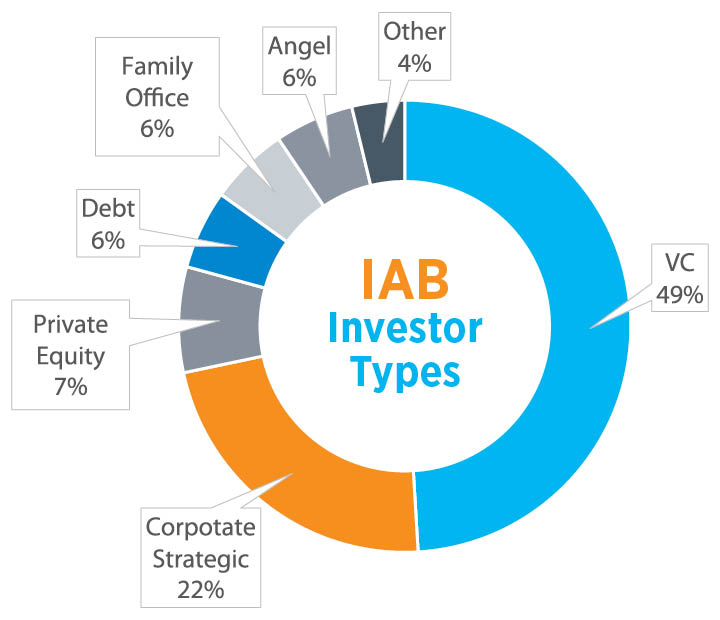Innovation and Entrepreneurship Center Newsletter: Fall 2020
This story was originally published in the Fall 2020 edition of the Innovation and Entrepreneurship Newsletter.
Will the "Work from Home Generation" of Cleantech Companies Be Stronger?
Cleantech Investors Report a Slowdown of Development, with Some Surprising Side Effects

And perhaps surprisingly, some of the companies that emerge from this unusual time may be stronger as a result.
Those were some of the silver linings that emerged from a town hall meeting this spring that NREL held with the cleantech investors who make up the NREL Investor Advisory Board. This community gathers four times a year under the umbrella of NREL's IEC, to hear about future research and market developments and share their market insights.
"The NREL Investor Advisory Board represents a diverse set of investors and industry leaders; they are our window into the investment community," said Innovation and Entrepreneurship Center Director Richard Adams.
This advisory board consists of 44 members representing different sectors of the clean technologies investment community. The firms represented a range in scope, size, and mission, from angel investors and family offices like Mach49 or Ajax Ventures, to the venture capital arms of Saudi Aramco, Shell, and BP.
The firms on NREL's advisory board represent more than $300 billion in managed funds. John Scull, Managing Partner with Southern Cross Venture Partners, is the 2020 board chair.
Leadership in the Time of the Coronavirus
This April, NREL held an Investor Town Hall to solicit the experience and perspectives of board members, and to hear what they expected from the newfound market conditions under the coronavirus outbreak.
Investors said that the impacts on their portfolios were varied, depending on what segment of the cleantech market a company was addressing. Startups that sold directly to consumers, for example, were more impacted by the consumer-spending slowdown than startups who sold to utilities, which have longer procurement cycles.
They did, however, report an overall trend of slowing investment. One firm asked its portfolio companies to plan for 18 to 24 months without any new capital.
Other investors reported that companies were cutting salaries and reducing their burn rate in order to ride out the wait.
In many cases, the investment firms were coordinating the sharing of strategies and plans amongst their portfolio companies.
"People are not going to meetings or working in labs, but they are having lots of discussion about strategic goals with the ventures team," said one investor (comments were recorded under conditions of anonymity.)
Silver Linings
So how will this all play out? It remains to be seen. But there are hints from some venture capitalists (VCs) that portfolio companies are benefiting from the slower pace.
"Now we can take time to define the customer and testing requirements and create a product development plan," said one VC. "You can take a step back and make sure that you are designing something that people actually want."
Some of the cleantech startups under discussion were able to pivot into other product offerings; business is now more virtual, and that has also presented openings. Some cleantech companies, one investor reported, have a better chance of getting messages to customers who are now online all the time.
Investors: A Continual Resource
The investors that get involved with the Innovation and Entrepreneurship Center see NREL as a resource on emerging research that may present business opportunities down the line.
"Investors don't traditionally invest in the new technologies emerging from Labs, but they are critical to what we do here," said J.A. Colantonio, who supports the management of the Investor Advisory Board. "They are all top firms in the business. They support our credibility and our brand. They help us by recommending companies for our incubation programs, the Wells Fargo Innovation Incubator (IN2) and Shell GameChanger AcceleratorTM Powered by NREL (GCxN)."
Investor interest in lab research goes far beyond renewable-energy technologies. Portfolio companies of the 40 firms on the IAB represent a wide swath of sustainability, from agtech to smart grid, to AI to bioenergy.
In addition, the investor community has, over the years, helped NREL design its startup incubation programs. IN2 and GCxN are pioneering programs in the field of technology commercialization, and they were created with the help and input of the IAB.
Share

